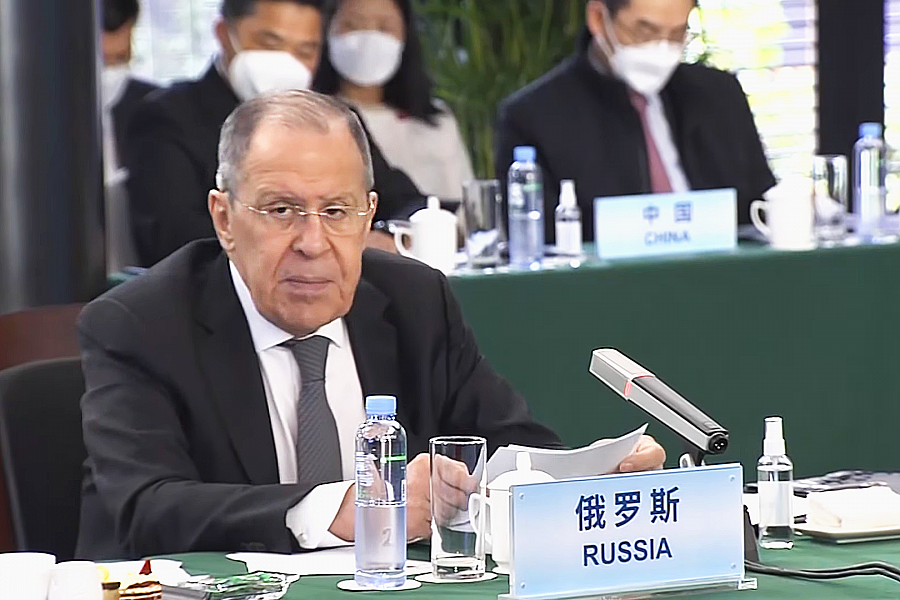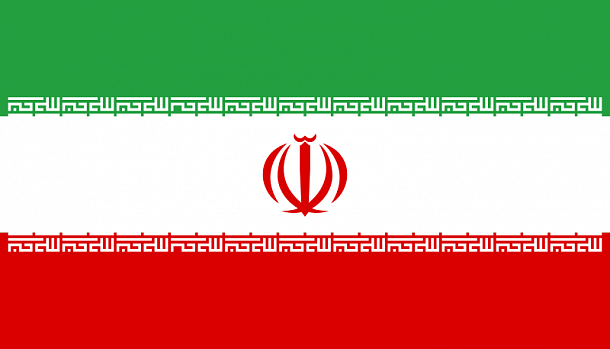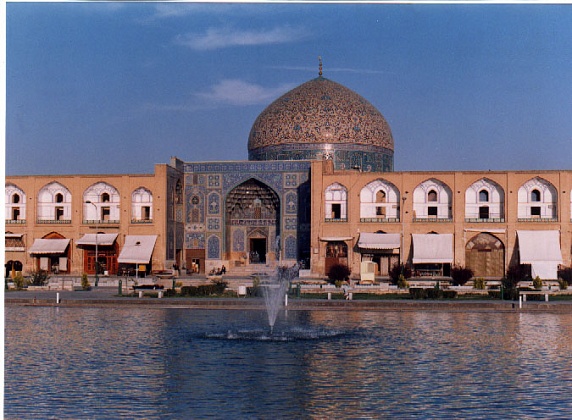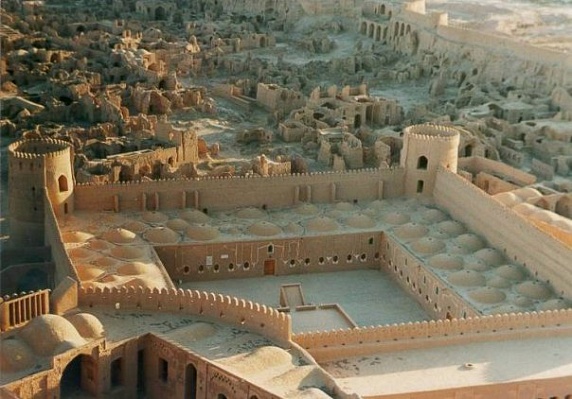 the Islamic Republic of Iran
the Islamic Republic of Iran
Foreign Minister Sergey Lavrov’s address at a plenary session of a meeting between Afghanistan’s neighbouring countries (Russia, China, Iran, Pakistan, Tajikistan, Turkmenistan and Uzbekistan), Tunxi, March 31, 2022
Mr Chairman,
Colleagues, friends,
First of all, I would like to thank our Chinese hosts for organising a regular ministerial meeting of countries neighbouring on Afghanistan and events that are taking place and are scheduled to be held on the sidelines of this meeting. We consider this initiative to be highly relevant. It is necessary to coordinate our positions on the situation in Afghanistan in this format, so as to chart universal regional approaches towards that country’s post-conflict development.
One can say that, despite the lack of governance experience, financial and economic restrictions and political and diplomatic pressure from the United States and its allies, the new administration of Afghanistan has managed to keep the state afloat. Certain positive results have been scored in the field of counterterrorism operations. They are exerting efforts in order to comply with human rights.
Kabul is working proactively to expand its diplomatic and economic ties. The Taliban government officials regularly meet with foreign partners in the bilateral and multilateral formats, including in Moscow, Tehran, Doha, Oslo, Antalya, etc. Today, Tunxi has also been added to this list. We are noting the gradual launching of trade and economic interaction, primarily with regional countries whose businesses are interested in Afghanistan. It goes without saying that all these contacts promote the international recognition of the new Afghan authorities. In this connection, I would like to note that the first Afghan diplomat, representing the new government, who arrived in Moscow last month has been accredited at the Russian Foreign Ministry. In our opinion, the new Kabul government does not fully represent all sections of Afghan society, and we see this as the main obstacle for its official recognition. Afghan government agencies lack the personnel who would represent the interests of the country’s diverse ethnic groups, national and confessional minorities and political forces. The UN should lead the way in officially recognising the Taliban movement, provided that these conditions are met.
The UN should act as the main coordinator in addressing the entire range of issues as regards the post-conflict recovery of Afghanistan. The concerned parties discussed this aspect at the latest Moscow Format meeting in October 2021. All the countries present here and a Taliban delegation attended that meeting. The concluding document urges all of us to convene an international conference involving numerous economic donors under the UN auspices as soon as possible. The UN, supported by such extra-regional states as Qatar, Germany and the United Kingdom, responded to this call almost six months later and announced a decision to hold a high-level conference on humanitarian assistance to Afghanistan. To be honest, we were surprised at the lack of coordination between the organisers and participants during the preparations for this forum. We received the invitation less than two weeks before the conference. It may be strange, but the time frame coincided with our current event. It appears that our Western colleagues are striving to use the UN flag and the UN Secretariat for creating artificial competition in international and regional efforts as regards Afghanistan. We consider such actions counterproductive, and we urge our UN colleagues to fulfil their functions in a more responsible manner.
On March 17, the UN Security Council passed Resolution 2626 on extending the mandate of the UN Assistance Mission in Afghanistan. Russia took an active part in drafting this document. At the same time, we had to abstain during the vote due to the emphatic refusal of the UN Security Council’s Western members to directly mention the de facto Talib authorities in the document’s text. We are convinced that this issue should have been coordinated with the new Afghan authorities. However, our insistent proposals were ignored, although support for any UN mission by a host state is an absolute imperative while deciding on the work of all UN peacekeeping and special political missions.
We consider it necessary to invigorate our common work with the UN leadership and the UN’s Afghan mission, so that the interests of Afghanistan’s neighbours and its other regional partners in the context of this country’s recovery would be fully respected.
Colleagues,
Although the hostilities have stopped, by and large, and the number of civilian casualties has greatly decreased, the situation in the country cannot be described as stable. The activities of international terrorist groups, such as ISIS, Al Qaeda, Jamaat Ansarullah, the Islamic Movement of Uzbekistan and the Eastern Turkistan Islamic Movement, remain a major factor of tensions. Another such factor is the National Resistance Front of the Panjshir guerrillas.
We are especially concerned about the plans of ISIS and its supporters to destabilise Central Asian states and to export instability to Russia. It is alarming that Jamaat Ansarullah and the Islamic Movement of Uzbekistan are increasing their ranks on the Afghan-Tajik and Afghan-Uzbek borders.
We’ve pointed out that we regard as unacceptable the deployment of any US or NATO military infrastructure or their Afghan personnel in neighbouring states, first of all, in Central Asia. These plans run contrary to the security interests of our states and commitments under the statutory documents of the Collective Security Treaty Organisation. We call for extreme caution regarding requests to accept Afghan refugees in neighbouring states and for carefully analysing the possible negative consequences and the high risks this is posing to the security of the concerned states and the region as a whole. Even when such requests are garnished with noble humanitarian slogans, it would be wise to increase vigilance.
The danger of drug trafficking has not abated. According to different estimates, illegal drug trade amounts to between 6 percent and 11 percent of Afghanistan’s GDP. Last year saw an increase in the cultivation of drug crops and the production of illegal drugs. As far as we know, despite the measures mentioned by Mr Chairman, the Taliban authorities have not prohibited farmers from planting opium poppy in light of the difficult economic situation. At the same time, high-ranking Taliban officials have sounded the alarm over the increase in the number of people suffering from drug addiction to 5 million, including 1 million women and children. We call on the international community to aid Afghanistan’s transition to alternative crops. We are convinced that approaches to the Afghan drug problem must be comprehensive and combine law enforcement measures with the improvement of agriculture and healthcare.
Colleagues,
After 20 years of NATO’s military presence and the failed experiment to impose prescriptions and values which were totally alien to the Afghan people, the “collective West” bears direct responsibility for the current humanitarian situation and the deplorable state of the Afghan economy. Therefore, it must assume most of the financial burden for overcoming the crisis and bringing the situation back to normal.
However, Washington is seeking to shed all responsibility for the fate of the Afghan people and refugees, including those who served the Americans and are now stranded somewhere on the way to the United States in the so-called transit countries. We have seen this happen many times in the past. It seems that Washington would not mind leaving these people in the region for good.
President Joe Biden’s executive order to block half of the assets held by the Central Bank of Afghanistan was especially cynical and even humiliating. He justified it by the need to pay out compensation under claims filed by the relatives of victims who died in the September 11, 2001, terrorist attacks. The Afghan people were not involved in those crimes in any way. This decision is clearly unjust. It drastically limits the ability of the Taliban government to normalise the situation and undermines the counterterrorism potential of the Afghan armed forces and law enforcement agencies. We have every reason to question whether the Americans are sincerely committed to helping bring about stability in Afghanistan.
We hold a positive view of the steps by international bodies and financial institutions, including the World Bank, which decided to unlock funds from the Afghanistan Reconstruction Trust Fund to ease the humanitarian crisis. However, these measures have not yet produced any meaningful improvements for ordinary Afghans. Once again, Washington has been using its levers within the International Monetary Fund and the World Bank to put the brakes on efforts by the Kabul authorities to carry out social programmes. In particular, Washington has been preventing Afghan financial operators from resuming their work with the international banking system.
Against this backdrop, we need to strengthen regional cooperation and come up with consolidated approaches to promoting recovery and normalisation in Afghanistan in all spheres, as well as to eliminating the threats of terrorism and drug trafficking which still linger in this country. I also believe that the Moscow format, the SCO and the CSTO have the potential to serve as mechanisms for promoting effective, consistent and coordinated efforts along these lines.
It is essential that we continue working within the so-called Extended Troika. It has a lot of potential, which remains largely untapped, and can bring together the key regional partners and other donors in the interests of comprehensive post-conflict recovery in Afghanistan.
What matters the most here is that our American colleagues contribute to this mechanism in good faith and focus on the interests of the Afghan people and regional stability, rather than pursue new geopolitical designs. Russia continues to provide humanitarian assistance to the people of Afghanistan. In November and December 2021, three humanitarian shipments arrived from Russia, including food and medications. Another humanitarian delivery arrived last week, when an interagency delegation from Russia was in Kabul. This visit showed yet again our mutual commitment to promoting cooperation between Russia and Afghanistan in energy, transport, civil aviation, minerals extraction, and agriculture.
In conclusion, I would like to note that we support the adoption of a Joint Statement to sum up today’s meeting, as well as the Tunxi Initiative by our Chinese hosts. This document can offer a framework for further efforts to expand practical cooperation with our Afghan colleagues.









